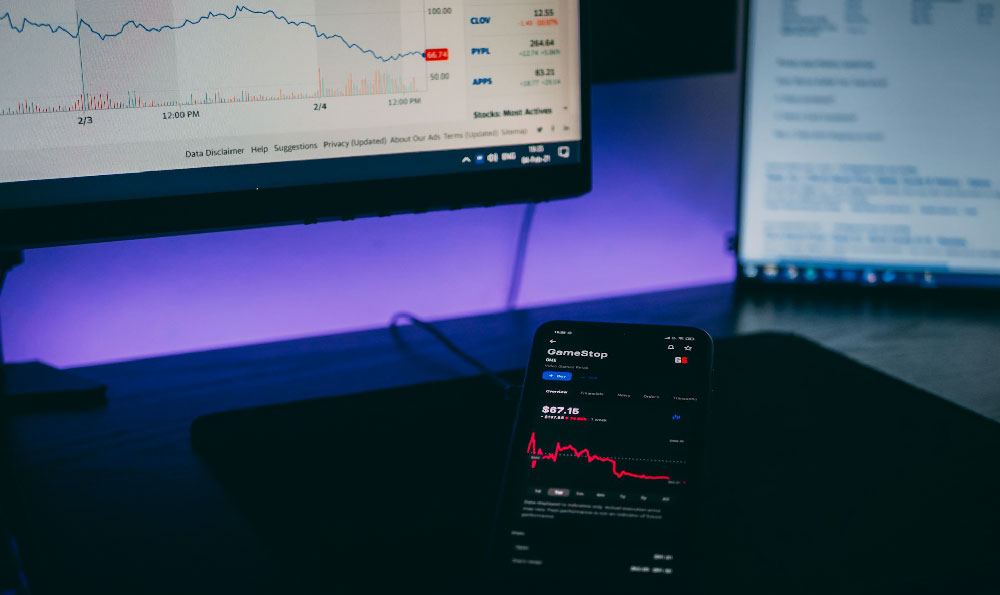How much can Instacart pay you, and is it worth it?

Okay, I understand. Here's an article addressing the potential earnings from Instacart and whether the work is worthwhile:
Navigating the Gig Economy: Deconstructing the Instacart Equation
The allure of flexible work arrangements has propelled many into the burgeoning gig economy, with Instacart emerging as a prominent platform. Promising the ability to earn money while setting your own hours, Instacart appeals to a diverse demographic – students, stay-at-home parents, individuals seeking supplemental income, and those simply desiring autonomy in their work life. However, the rosy picture often painted in promotional materials needs careful examination. The question isn’t merely how much Instacart can pay you, but rather how much you actually will earn, and whether that compensation justifies the time, effort, and associated expenses.

Estimating potential Instacart earnings is a multifaceted endeavor, heavily influenced by a constellation of factors. Location plays a crucial role. Densely populated urban areas, with a high demand for grocery delivery and a concentration of Instacart-partnered stores, generally offer more frequent and potentially lucrative batches. Conversely, less populated suburban or rural regions might present fewer opportunities, leading to inconsistent income. Demand is also heavily influenced by day of the week and time of day. Weekends, especially Sunday afternoons, and weekday evenings typically see surges in order volume, presenting more earning opportunities. Conversely, mid-week mornings might be significantly slower.
Instacart's payment structure is complex and, at times, opaque. While the platform outlines a basic payment calculation involving a batch payment (dependent on order size, distance, and complexity), tips constitute a substantial portion of shopper income. Customers have the option to tip a percentage of their order total or a fixed amount, and these tips are often the deciding factor in whether a batch is worth accepting. However, relying heavily on tips introduces an element of uncertainty. A customer might reduce or even remove a tip after delivery, especially if they perceive any issues with the order fulfillment, such as missing items or late delivery.
Beyond the per-batch payment and potential tips, shoppers also have the opportunity to earn bonuses through promotions and incentives. These might include guaranteed earnings for completing a certain number of batches within a specified timeframe or additional pay for delivering orders during peak hours. However, these promotions are not always available and can be highly competitive, requiring shoppers to be consistently active and accept batches quickly to qualify.
Crucially, a comprehensive assessment of Instacart earnings must factor in expenses. Shoppers are responsible for their own transportation, including gas, vehicle maintenance, and insurance. These costs can significantly erode profits, particularly for those who rely on Instacart as a primary source of income and drive extensively. The wear and tear on a vehicle can be substantial, leading to increased repair bills and a shorter lifespan. Furthermore, shoppers are responsible for paying self-employment taxes, which can amount to a significant portion of their earnings. They also bear the costs of phone data plans used for navigating and communicating with customers and Instacart support.
Beyond the purely financial considerations, the worthiness of Instacart work hinges on the individual's circumstances and priorities. The flexibility offered by the platform is undeniably appealing. Shoppers can choose when and where they work, allowing them to tailor their schedules to accommodate other commitments. This flexibility can be invaluable for those with childcare responsibilities, students juggling classes, or individuals seeking a side hustle to supplement existing income. However, this flexibility comes at a cost. The work can be physically demanding, requiring shoppers to lift heavy items, navigate crowded stores, and endure long hours on their feet.
The inherent unpredictability of earnings can also be a source of stress. Income can fluctuate dramatically from week to week, making it difficult to budget and plan for the future. Furthermore, the gig economy often lacks the benefits associated with traditional employment, such as health insurance, paid time off, and retirement savings plans. Shoppers are essentially independent contractors, responsible for their own healthcare and financial security.
To determine if Instacart is "worth it," prospective shoppers should conduct a realistic self-assessment. This includes calculating their potential earnings based on their location, availability, and average batch acceptance rate. They should also meticulously track their expenses, including gas, vehicle maintenance, taxes, and other associated costs. Finally, they should weigh the benefits of flexibility and autonomy against the drawbacks of income volatility, physical demands, and lack of traditional employment benefits.
Consider talking to existing Instacart shoppers in your area to get a more localized and up-to-date understanding of earnings potential and challenges. Online forums and social media groups can also provide valuable insights and perspectives. Don't rely solely on Instacart's promotional materials or anecdotal evidence. Due diligence is essential to making an informed decision.
Ultimately, the Instacart equation is a personal one. For some, it can provide a valuable source of income and a flexible work arrangement that fits their lifestyle. For others, the unpredictable earnings, physical demands, and associated expenses might outweigh the benefits. By carefully analyzing the financial realities and considering their own priorities, individuals can determine whether Instacart is a worthwhile endeavor for them. The gig economy offers opportunities, but it demands a clear understanding of its complexities to navigate it successfully.















